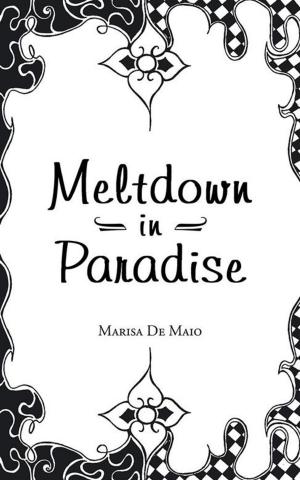| Author: | Jim Hammond | ISBN: | 9781481733779 |
| Publisher: | AuthorHouse | Publication: | April 23, 2013 |
| Imprint: | AuthorHouse | Language: | English |
| Author: | Jim Hammond |
| ISBN: | 9781481733779 |
| Publisher: | AuthorHouse |
| Publication: | April 23, 2013 |
| Imprint: | AuthorHouse |
| Language: | English |
The book is a factual exposition of the authors experiences in China for about one and a half years, beginning in 2005. The words are augmented by color photographs, which sometimes communicate better than words. The books facts and opinions are about the southern part of China, especially the Chongqing Province. The author did, however, visit Guangzhou, Zhenzhen, Hongkong, and Hainan Island. Besides facts, however, the author did talk to many people about their feelings and their life, dreams, and hopes. Oftentimes, this was colored by their unsolicited criticism of the Communist Party. The author also points out some of the developing concerns about pollution, corruption, and especially, their feelings of helplessness to address any issues. On the surface, the people appeared placid, but they had strong underlying opinions, which had to be held back to avoid conflict with authorities. They were well aware that the Communists would deal harshly with public criticism. The author will expand on the underlying consequences of New China in a following book. This book deals mainly with obvious details of Chinese society in New China.
The book is a factual exposition of the authors experiences in China for about one and a half years, beginning in 2005. The words are augmented by color photographs, which sometimes communicate better than words. The books facts and opinions are about the southern part of China, especially the Chongqing Province. The author did, however, visit Guangzhou, Zhenzhen, Hongkong, and Hainan Island. Besides facts, however, the author did talk to many people about their feelings and their life, dreams, and hopes. Oftentimes, this was colored by their unsolicited criticism of the Communist Party. The author also points out some of the developing concerns about pollution, corruption, and especially, their feelings of helplessness to address any issues. On the surface, the people appeared placid, but they had strong underlying opinions, which had to be held back to avoid conflict with authorities. They were well aware that the Communists would deal harshly with public criticism. The author will expand on the underlying consequences of New China in a following book. This book deals mainly with obvious details of Chinese society in New China.















